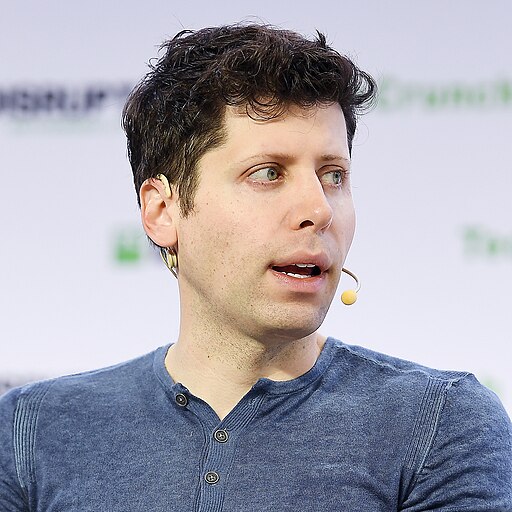In a world that is quickly becoming dominated by artificial intelligence (AI), it can be difficult to imagine how AI could fit into the realm of faith. However, one church in Germany is leaping and using AI as a way to help their pastors with their everyday work. Pastor Peter Simmerlien of Abundant Life Church in Stuttgart has been experimenting with AI, using it to help craft sermons and provide spiritual guidance for his congregation.
The idea of using AI in the church has led to some mixed reactions. While some view it as a step forward for religion, others worry that it could lead to misuse or an oversimplification of religious opinions. Bishop Friedhelm Hofmann shares her thoughts on the matter, stressing that “it’s easy to be deceived by [AI]” and that “we don’t have only one Christian opinion” which should never be represented by only technology.
Simmerlein, however, does not intend to replace religious leaders with machine learning; rather he wants to use AI as a tool for pastors. For example, many pastors draw inspiration from literature when writing sermons so why not give AI access to these resources as well? Having more time for individual spiritual guidance between pastors and parishioners is also a priority; utilizing chatbots can make this process faster so that pastors can focus on other duties.
AI Pastors Experiment
Although the experiment was successful in providing insight into how AI can be utilized in churches, there remain limitations when it comes to practical implementation. Most notably, the chatbot cannot interact with congregants on an emotional level like a human pastor can.
Overall, there are still many questions surrounding how AI can affect religion but Pastor Peter Simmerlein is taking steps towards finding out the answers. His experiments with artificial intelligence show promise for helping pastors fulfill their duty and provide spiritual support for congregations beyond what machines alone can do. With technology constantly evolving, more research will likely be done on the intersection of faith and artificial intelligence in the coming years.
The debate surrounding AI and religion is not expected to slow anytime soon. As such, Christians have a responsibility to remain open-minded when discussing the possibilities to arrive at an informed decision about how this technology should be used. It is important to remember that AI can never replace the human element of spiritual guidance; rather it should be seen as a tool for pastors and church leaders that can facilitate conversations between congregants and clergy while freeing up time for other duties like counseling or community outreach. By keeping these considerations in mind, churches can expand their services through artificial intelligence without sacrificing any of the human connection that makes faith-based communities unique. With this in mind, Pastor Peter Simmerlein’s work is paving the way to a brighter future for churches and congregants alike.
A future in which AI can co-exist with religion, and effectively assist the church in its mission to provide spiritual guidance. It is an exciting prospect that could potentially revolutionize how churches operate and serve their communities. As such, Pastor Peter Simmerlein’s work serves as a reminder of the potential of this technology for good and should be commended for its efforts toward finding answers to some of the most pressing questions concerning faith and artificial intelligence.







